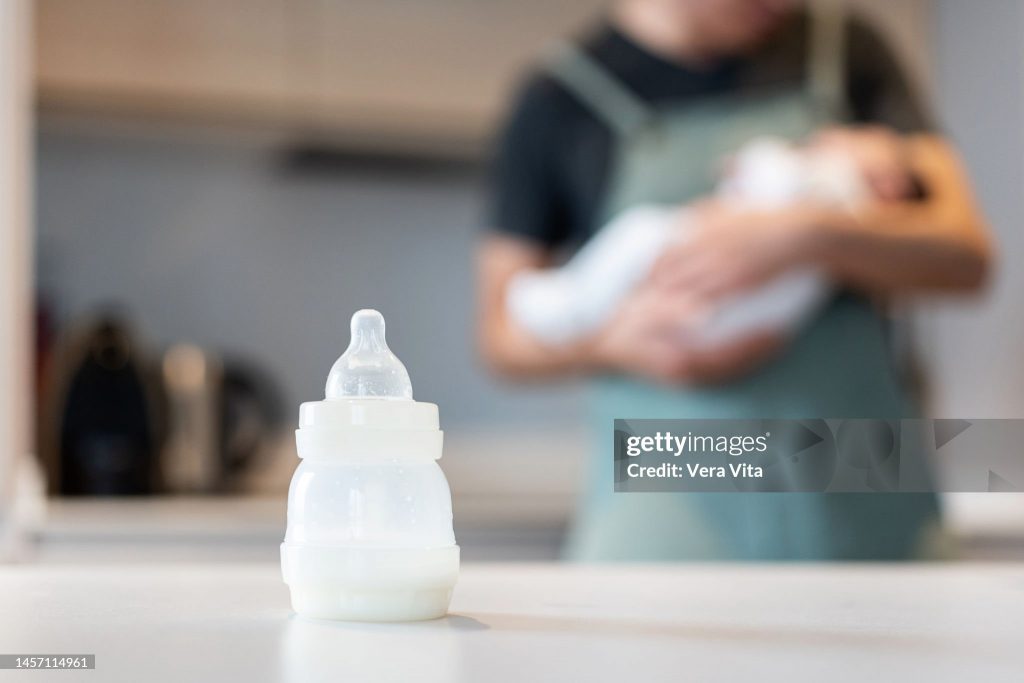Worries about the financial strain of maternity leave have began to cloud the minds of expectant mothers, overshadowing the excitement for their newborns.
Seema Khalique is 18-weeks-pregnant with her second child.
Less than half way through her pregnancy, she feels the burden of financial strain that she will endure, when taking leave from her role as a University Administrator, to give birth.
“After five months I’ll have to go back to work, I have no choice. I can’t stay at home I need to earn a living even if it means sacrificing the time I have with my little ones,” she says.
The 37-year-old was meant to take 12 months off work. However, her precious mother-baby bonding time will be cut short due to rising costs of living.
In comparison to her first experience with motherhood, Mrs Khalique recalls the vast differences in costs this time round.
“I wasn’t this stressed when I had my first child, I could take 12 months off and spend every second with him. But I just can’t do that now, everything is more expensive, yet I can’t help but feel like I’ll be neglecting my baby. Does this make me a bad mum?” She worries.
Despite her and her husband’s efforts to provide for their growing family, Mrs Khalique claims that the both of them working two extra jobs each has not been enough to allow for a full term of maternity leave.
Often for the first six weeks eligible women are paid at 90% of their weekly wage and for 33 weeks at £172.48 a week, the rest are unpaid.
However, like the Khalique’s, not every family can afford to take 52 weeks off as desired. The impact of this has been described by the expectant mother as “overwhelming.”
Jasmeet Kaur is a friend of Seema Khalique. She has also experienced financial strains which have stemmed from maternity leave pay.
After her second child, Mrs Kaur was eligible for 12 months maternity leave. Due to the low wages she’d receive in her Sales Manager role, Mrs Kaur returned back to work eight weeks after giving birth to her daughter last year.
She said: “I really struggled. I don’t think any mother should have to prioritise their work over their child especially when they’re so young and dependant on their mum.”
The mother-of-two says her return to work was “non-negotiable”, although she would have “done anything” to spend more time with her child, if not for her financial inability to provide newborn necessities.

Baby formula and nappies are amongst the products which have seen the largest price hike in recent times.
According to the Competition and Markets Authority (CMA), baby formula milk had risen by a quarter in two years.
But now, manufacturer Danone has announced it is reducing prices on most of its Aptamil range by 7%.
It recognised the challenged faced by parents due to inflation and it is hoped that this will allow parents to provide vital necessities for their new-born babies.

